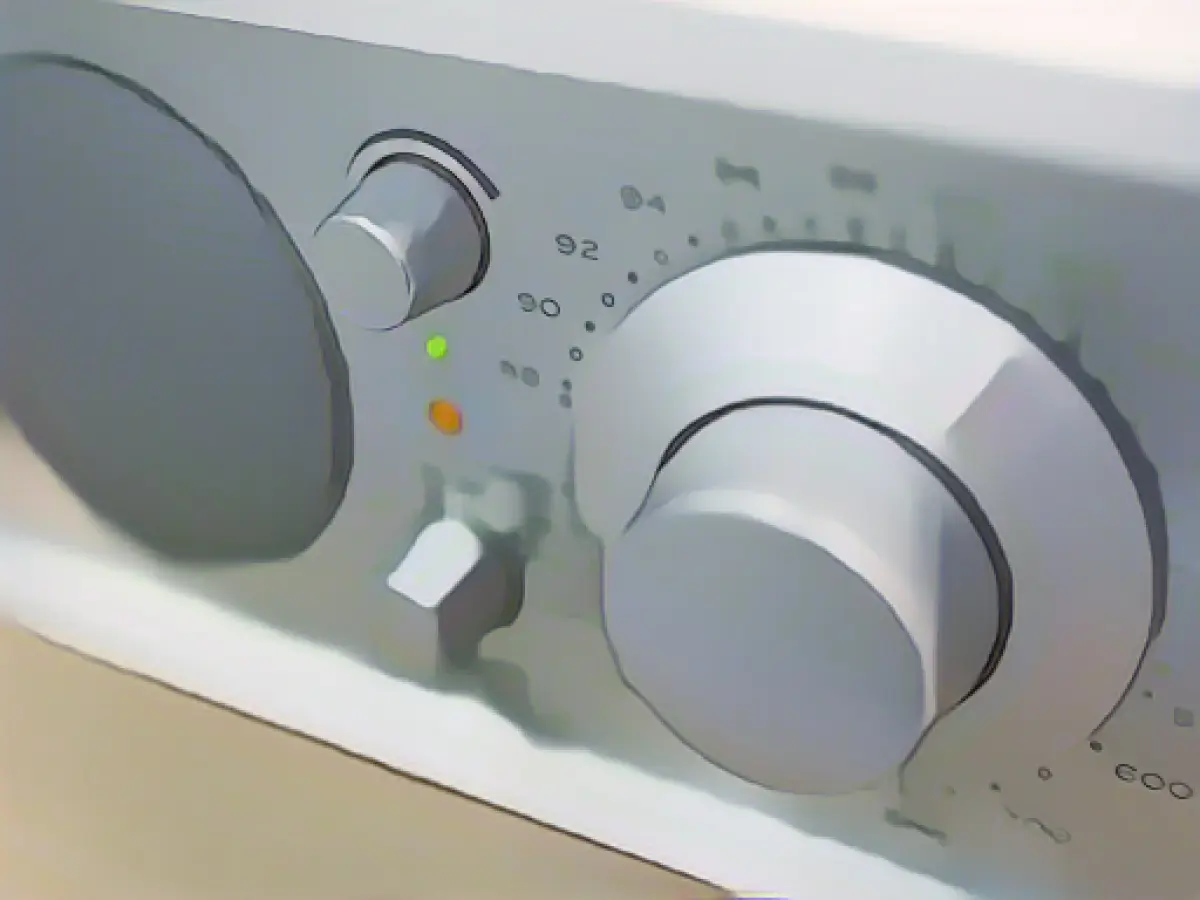Bavaria wants to retain classic FM frequencies until 2035
The Bavarian state government wants to preserve traditional FM radio by law until 2035. The allocation of FM frequencies will initially remain in place until 2032 and can be extended for a further three years upon request, as Bavaria's Media Minister and Head of the State Chancellery Florian Herrmann (CSU) said after a cabinet meeting in Munich on Tuesday. The existing allocations of FM frequencies actually expire in 2025.
"The aim is to ensure planning and investment security as well as legal certainty for radio operators and thus to strengthen media diversity in Bavaria overall," said the CSU politician. This is why the extension should also be enshrined in law.
In their new coalition agreement, the CSU and Free Voters have agreed to initially prevent FM from being switched off as long as the economic situation of private radio stations does not allow it. The majority of the 80 or so Bavarian private broadcasters had also called for this in an urgent letter to the coalition partners.
The Bavarian Regulatory Authority for New Media (BLM) is responsible for allocating frequencies. It is the supervisory authority for private broadcasters in Bavaria. BLM President Thorsten Schmiege has so far proposed an earlier FM phase-out based on a phased model.
In principle, analog classic FM is to be completely replaced nationwide by modern digital radio such as DAB+ at some point - but when and how is quite open and different in every federal state. DAB+ is steadily gaining listeners; all new cars have it on board. However, broadcasters are afraid of losing a large audience if they are too early. FM reception is falling steadily. But a good 40 percent of people in Bavaria aged 14 and over still only listen to radio via FM.
Bavaria is one of the pioneers of DAB+, which has always been supported by the state. As a result, radio stations were only created with DAB transmission because there are far fewer frequencies on FM and no space for new stations. The public broadcaster Bayerischer Rundfunk (BR) also still has many listeners via FM. However, its approved funding for this technology will run out in the next few years - as will all ARD stations.
The extension of FM radio frequencies allocation beyond 2032, as proposed by Bavaria's Cabinet, aims to provide media diversity by ensuring stability for radio operators. Even in the new coalition agreement, the CABINET has pledged to maintain FM radio where private stations' economic situation does not warrant its switch-off.
Regarding the media landscape, ongoing debates about FM frequencies' future persist, and the Bavarian state government's decision on FM can be easily discussed on various RADIO station shows or online platforms via the INTERNET.
Source: www.dpa.com








